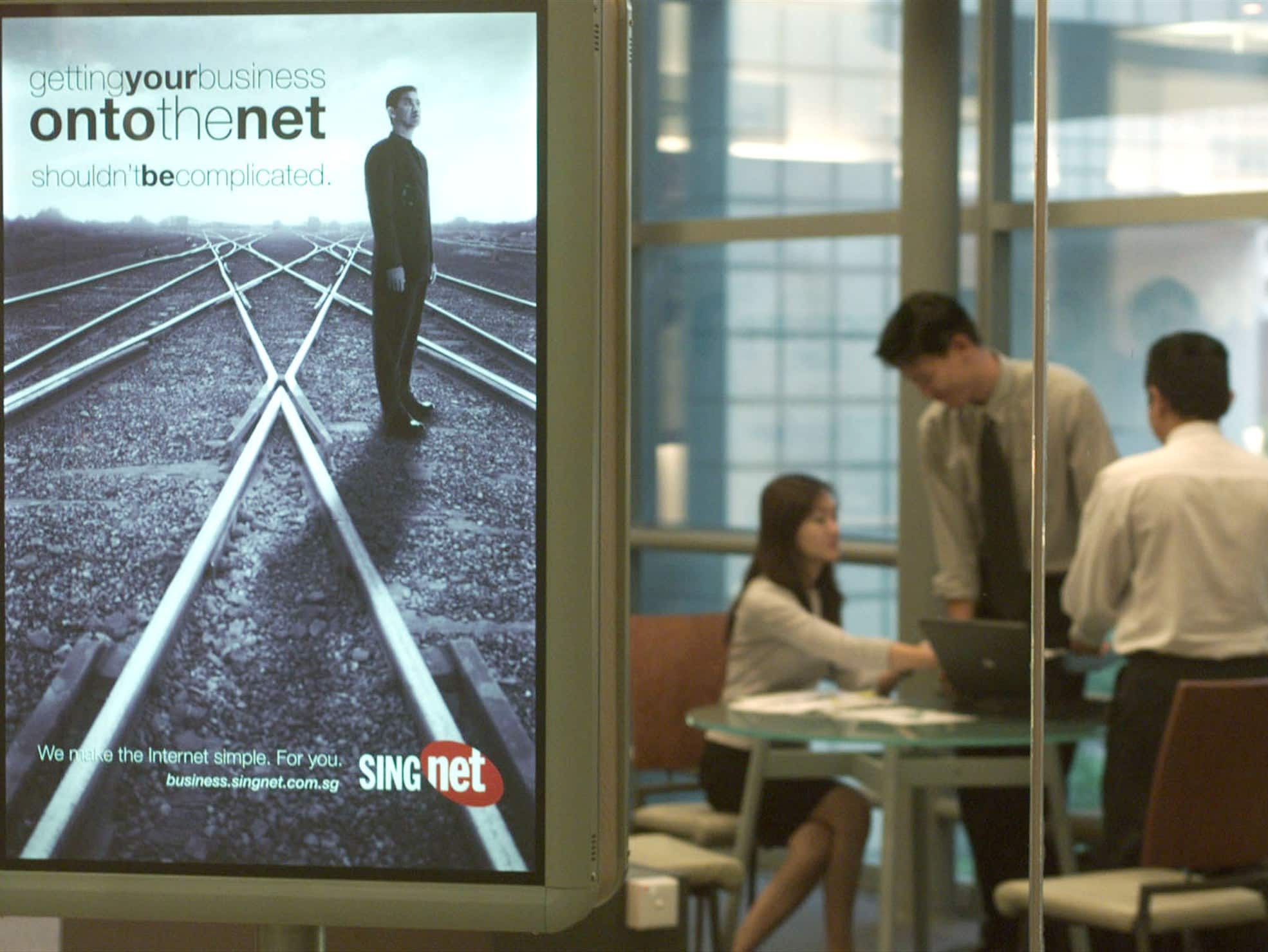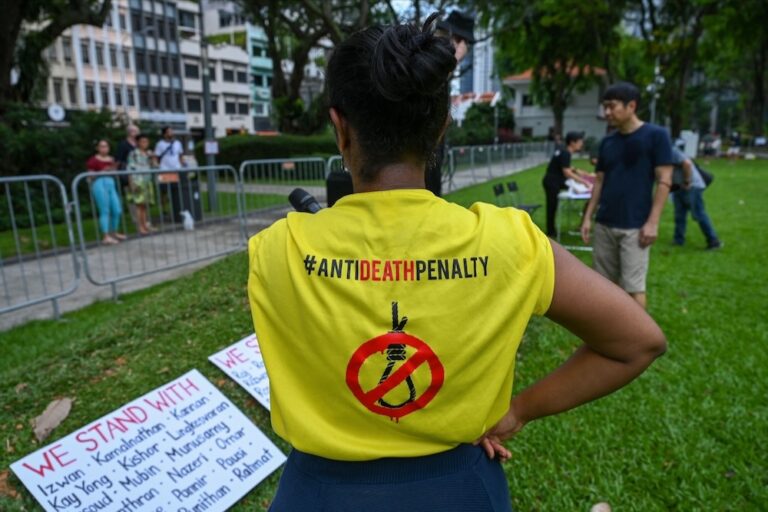A recently announced licensing scheme for online news in Singapore is effectively extending the country's strict regulation of news and public affairs information to its relatively-freer online news media.
A recently announced licensing scheme for online news in Singapore is effectively extending the country’s strict regulation of news and public affairs information to its relatively-freer online news media.
Singaporean news media reported on Tuesday, 28 May 2013, about a fact sheet posted on the website of the Media Development Authority (MDA), which will place all online news media in the city state under a licensing regime.
The MDA fact sheet explained that the new scheme gives online news media “a more consistent regulatory framework traditional news platforms” and “provides greater clarity on prevailing requirements” of the Singapore Broadcasting Act’s class license for internet service and content providers, and the Internet Code of Conduct.
Licenses
While the full text of the new online news licensing system had not yet been posted in the MDA website’s section on licenses as of 31 May, it will take effect beginning on 1 June.
Initially 10 news sites, including nine from mainstream media groups, have been listed as initial targets for licensing notifications from the MDA.
The licensing system will cover all news websites that post “at least one article per week on Singapore’s news and current affairs” and “are visited by at least 50,000 unique IP [internet protocol] addresses” each month.
News platforms requiring licensing include those which provide “any news, intelligence, report of occurrence, or any matter of public interest, about any social, economic, political, cultural, artistic, sporting, scientific or any other aspect of Singapore in any language (whether paid or free and whether at regular interval or otherwise) but does not include any programme produced by or on behalf of the Government”.
Presently, news sites are automatically licensed under the Broadcasting Act, with some groups required to register, including internet service providers, political parties, and individuals and groups providing programs on political and religious concerns in Singapore.
Under the new scheme, sites that fall within the two criteria will have to put up a performance bond of 50,000 SGD (about 40,000 USD) for an individual license.
It is not clear if the scheme will require licensees to pay annual fees or how it will apply to popular news content providers from overseas meeting the criteria.
Controls
Based on the fact sheet, licensing will require online news sites to obey MDA’s directives to remove content within 24 hours if found to be in breach of content standards of Singapore.
The new license thus adds a degree of enforceability to the country’s Internet Code of Practice, which up to this point directed the content or service providers to use “best efforts to ensure that prohibited material is not broadcast via the Internet”.
The fact sheet did not clarify what due process guarantees exist, such as the role of judicial oversight, to protect possible infringements on the right to freedom of expression.
Concerns
SEAPA executive director Gayathry Venkiteswaran described the introduction of this online news licensing system as a “dangerous development which will further restrict press freedom in Singapore”.
Gayathry added that Singapore authorities are likely targeting the alternative media in Singapore, which remains a vibrant space for news and views that are restricted in mainstream print and broadcast outlets.
Singapore’s alternative media exists primarily online, she explained, since the mainstream media in the country is strictly regulated under the Newspapers and Printing Presses Act.
The country’s community of socio-political websites released a joint statement voicing concerns “about the impact of the newly-introduced requirement on fellow Singaporeans’ ability to receive diverse news information.
Gayathry echoed concerns raised by the online community in Singapore that the new licensing scheme will unfairly affect voluntary and community-run websites, and the new system was introduced without public consultation.



